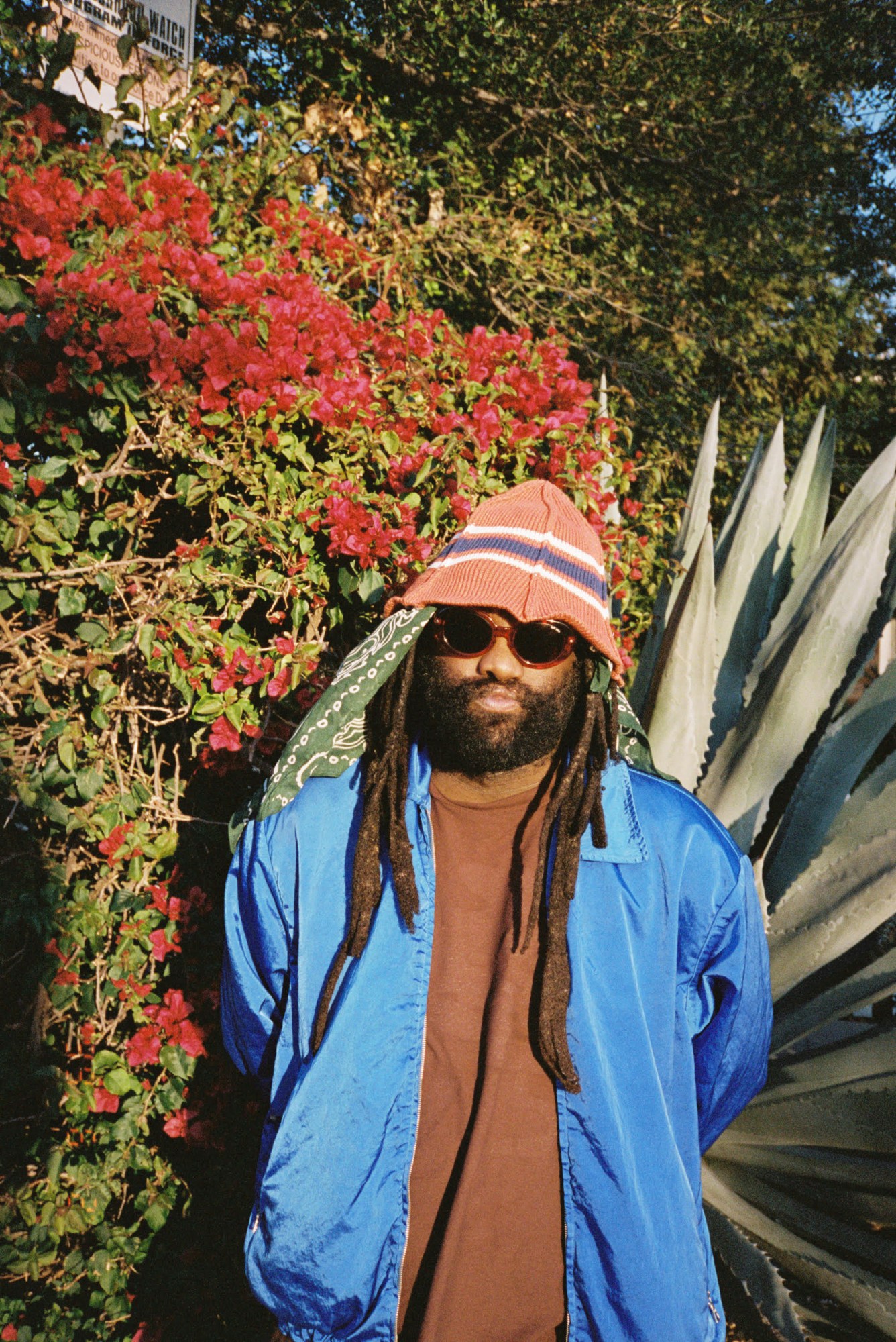The BTF100 is a list of Black creatives, artists, and tastemakers who are globally disrupting the art and media landscape. These individuals, co-curated by the teams at both Blacktag and i-D, sit across multiple disciplines, industries, and spaces, unapologetically defying stereotypes and clashing traditions to make space for new ideals.
Each week, for the next four weeks, we’ll be dropping 25 names from the list alongside special features delving deeper into what it means to centre, celebrate, and create equity for Black voices. Head over to the BTF100 microsite for the full list!
Born in Atlanta, and raised in Jamaica, Queens, Tremaine Emory has long been a student of the many threads, constellations, and subcultural intersections that constitute Black culture. After moving to London in 2010 to join Marc Jacobs’ UK team, he began experimenting with the multidisciplinary approach to life and career that today has become a matter of fact for aspiring creatives. Embracing his many talents, and experience in diverse social worlds, he’s transformed a fascination with art, music and fashion into a position as one of the global creative community’s leading voices. His approach to storytelling mirrors his unique point of view, expressed through organizing voting drives, serving as brand director of Kanye West’s YEEZY, advising the likes of Frank Ocean and Tom Sachs, designing a clothing line named after his internet alias, and the infamous parties he’s thrown as one half of music, radio and nightlife force No Vacancy Inn.
What purpose or force drives you to create your work?
Curiosity about the human condition…
As a Black creator and artist, how do you hope to impact culture?
That’s for the people to decide.
How would you describe Black culture’s influence on popular culture?
Black culture is the double helix of popular culture.
What nuances or tensions are you finding as you navigate the creative landscape as a Black creator?
Existence as a Black person is tension and nuances that can decide your life or death. The ones I face in the creative landscape pale in comparison, so I keep that in mind when they come up and strive on.
What ground is left to cover in representing voices like yours in the arts and in media?
So much ground I don’t know if we will cover it all in our lifetimes or even our grandkids kids lifetimes, but perseverance is the key regardless of how long it will take. Maybe the key is to detach from the art world and media and represent ourselves. Quite a thought, right?
From racial-driven biases to Black creators written out of trends, what work do traditional content platforms need to do to better support Black creativity?
Change the internal structures — hire more [people of color] and women. Change the internal to affect the external.
Looking towards the future, how will you define success in your field?
As it is now… intention and perseverance [are] success to me now and in the future.
What does the community you’re a part of mean to you and how do you want to give back to it?
It means everything to me; my community is my creative director. I want to give back knowledge and opportunity.
